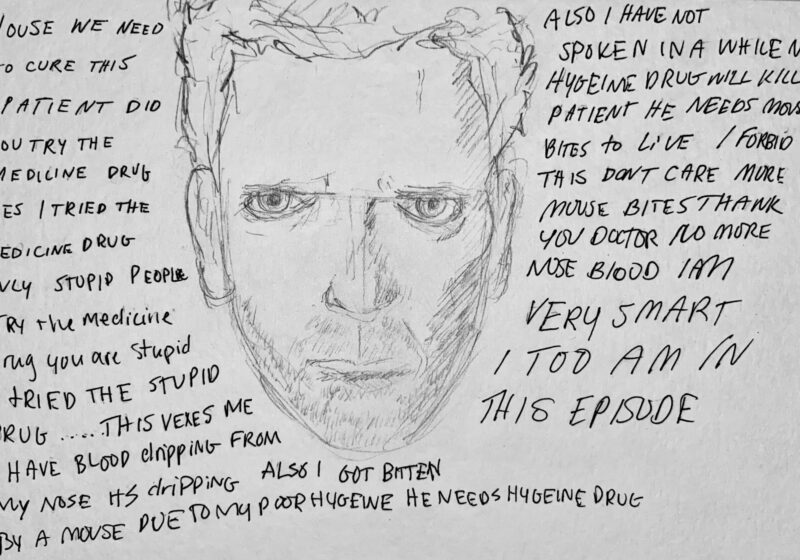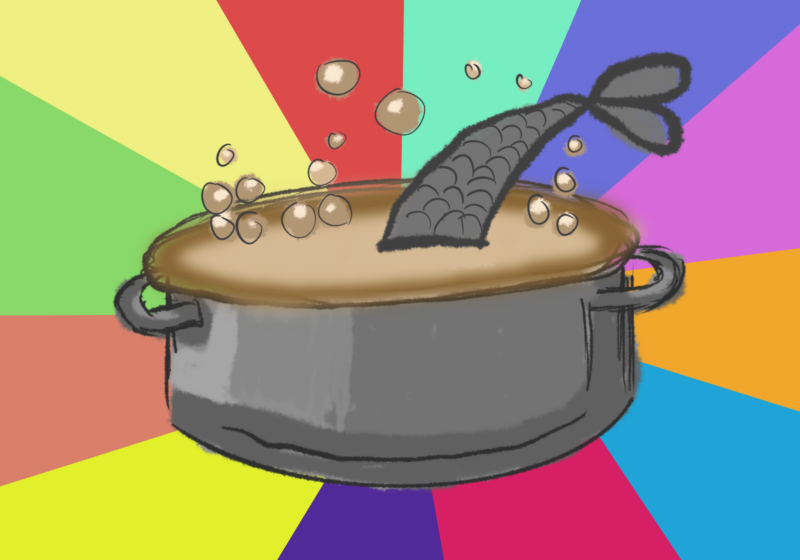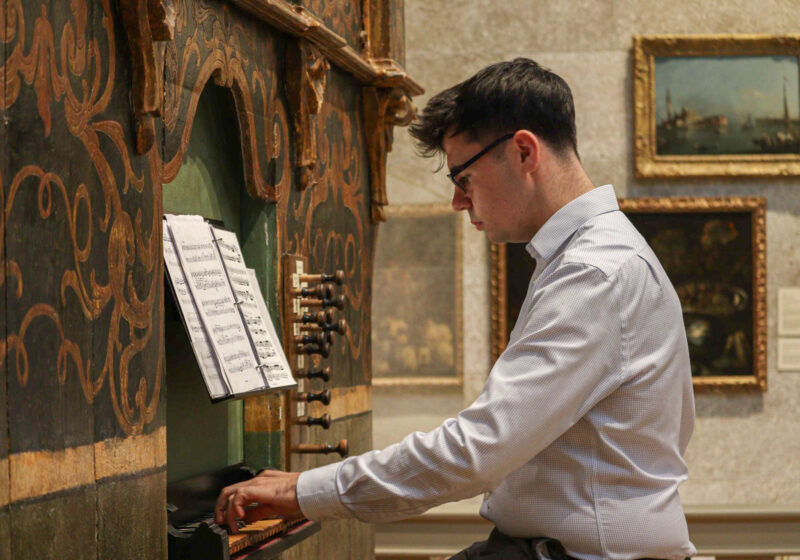Could one vote be the end for club sports?
If SA’s proposed amendment to its constitution doesn’t get majority support from the students who vote on Thursday, the answer could be yes.
“If the amendment doesn’t pass, there is a very real risk of [club sports] losing recognition and basically, as a result, ceasing to exist,” SA President Jordan Smith told me recently.
That’s about 1,100 students who would be barred from participating in communities they love and cherish.
In the ‘92-‘93 school year, under former SA President and now current Pennsylvania Attorney General Josh Shapiro, SA decided to fund and recognize club sports, taking the reins from the Athletic Department, which had determined it couldn’t continue providing the funds.
An All-Campus Judicial Council ruling from last year, asking SA to to review all gendered organizations, has put the SA affiliation of many organizations, including a cappella groups and Greek life, in jeopardy. The campus climate around these groups of clubs has been vibrant, but the conversation about club sports has been mum. But maybe students just don’t know what is at stake.
The recommendations from the SA’s Task Force on Gender Specific Organizations encourage those involved in club sports to learn about the issues of students who are non-gender conforming. Clubs are also supposed to be provided with the support they need to find gender inclusive leagues.
Jenna Register, a non-binary masters student and former member of the Sledgehammers, UR’s Women’s Club Rugby team, wrote a response to the task force’s recommendations. She expressed a dire need for reform and education, saying, “There is a severe lack of experience with transwomen in this athletic space.”
She later added, “It is often said that allowing transwomen to play would be considered a safety issue because it is such a brutal sport.”
While students who represent Pride Network and TINT have responded similarly to Register, I encourage our student body to view our current situation as an opportunity, rather than a hindrance or unwinnable battle. The amendment might not be perfect, but the voices who raised the initial concerns should know that this is a conversation that can slowly but surely impact and contribute to the national conversation surrounding mixed-gender sports and the experiences of athletes who identity as transgender or non-binary.
In 2014, the International Olympic Committee published its 2020 agenda, stating a clear desire to “foster gender equality.” Preceding the Winter Olympics in Pyeongchang, the committee took a risk and added mixed-gender events in curling and alpine team skiing. For the next iteration of the summer games in Tokyo, the committee has added mixed-gender events for swimming, track, triathlon, archery, judo, and table tennis.
In a discussion with Vice in 2016, Eric Anderson, sociologist and professor at the University of Winchester, argued that to foster equality and inclusion, maybe it is the sports themselves that need revising.
“The structures of sport can be, in most cases, easily changed in order to promote gender integration,” Anderson said. “Those who profit from professional sport change the rules whenever the sport begins to die; consider, for example, the three-point line in basketball or changing the rules of tackling to — barely — lessen concussion in football.”
If I stick with Anderson’s logic, conventional wisdom says that sports could be made safer if they were made more inclusive. The Wall Street Journal also reported that it was the women’s events in Rio that were more profitable for NBC.
Additionally, last summer I witnessed Nikole Cabeza, a transgender little league softball player, represent her team in the annual RBI World Series in Cincinnati. While Cabeza had a talent for running the bases, she wasn’t the team’s top performing player.
There you have it, the misconceptions regarding transwomen outperforming their teammates have been debunked.
The moral of the story here is that times are changing, and so are the standards attached to sports. Now, back to the predicament at UR.
With this international discussion in mind, we must also acknowledge that this is a question greater than our campus or our student government.
“The amendment is not trying to figure out how we as a society are supposed to work out equity in sports because that is a much bigger societal issue,” said David Meister, president of club sports council and a member of the task force. “It’s currently trying to give everyone on campus who pays the Student Activities Fee access to any club that spends that money.”
Students treasure their club sports experience. Is it worth it to terminate over 40 organizations? Elliot Walsh, a transman and member of the class of 2017, founded Club Softball. Walsh remembers his experience on an all-inclusive, but all-women, team while in the midst of transitioning.
“Club sports provide community and support for a lot of people, myself included even as a trans individual.”
If indeed the amendment is passed, my recommendation to all club sports teams is to encourage the leagues they currently associate with to have a similar discussion. How can national sports organizations educate themselves and become more inclusive?
I’d like to address the ideology that many athletes find solace in their single-gender sports teams. They find them empowering, and that’s okay. But, the greater conversation serves a purpose to give people a choice and highlight a relevant set of nuances in sports.
“Mixed sports are a great way for individuals to compete in sports regardless of their gender identification,” UR Softball player and SA Senator Anne Marie Cortes said. “However, the emergence of mixed sports should not mean the end of single-gender sports. Instead, it should shed light on how certain single-gender sports should be more focused on ability rather than gender.”
So on Thursday, please remember what’s on the line, vote, and don’t be blindsided by the problem.
“Everybody Talks” is a radio show on WRUR’s the Sting that highlights women’s involvement in sports and the social issues that surround athletics. You can listen to it every Friday from 1–2 p.m. on thesting.wrur.org.






